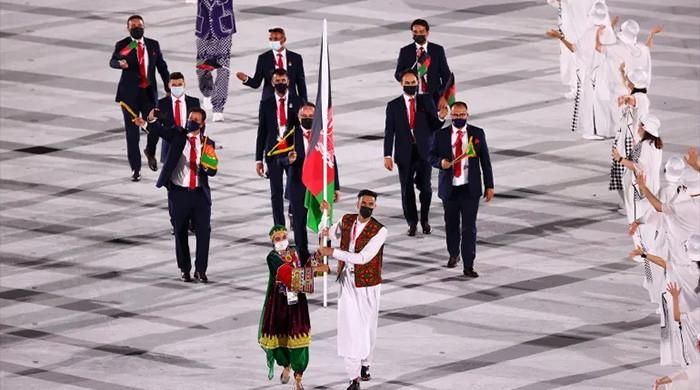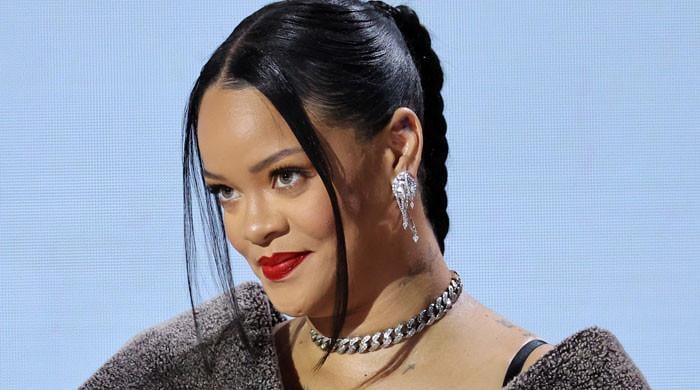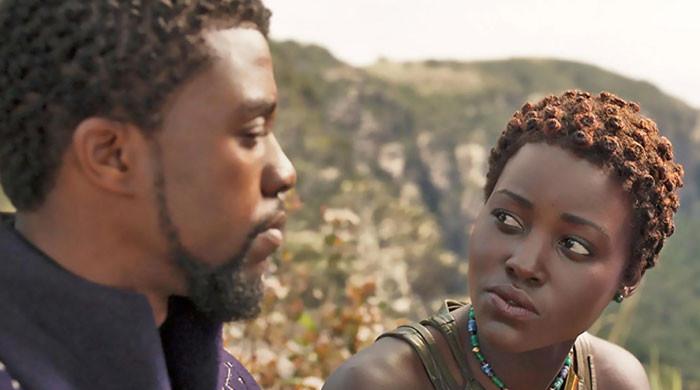Afghanistan's Taliban government does not recognise the three female athletes who will represent the country at the Paris Olympics this month, a spokesman for its sports department said.
The International Olympic Committee (IOC) has invited a team of six Afghan athletes (three women and three men) in consultation with Afghanistan's largely exiled national Olympic committee.
“Only three athletes are representing Afghanistan,” said Atal Mashwani, spokesman for the Taliban government's sports directorate, referring to the male competitors.
“Currently, girls' sports have been suspended in Afghanistan. If they don't play, how can they be part of the national team?” she said. AFP.
The three female and two male athletes live outside Afghanistan.
The only one training in the country is a judoka, while his teammates will participate in athletics and swimming.
Women will compete in athletics and cycling.
The IOC said it had not consulted Taliban officials about the team and that they were not invited to the games.
Spokesman Mark Adams confirmed last month that the Afghanistan National Olympic Committee — including the president and secretary general, both living in exile — remain “their sole interlocutors for the preparation and participation of the Afghan team.”
But the Afghan committee's executive director, Dad Mohammad Payenda Akhtari, who is still in the country, said that while female athletes were organized abroad, his committee was coordinating with Taliban authorities regarding male athletes.
Mashwani said the government was supporting them with training and scholarships.
“We only take responsibility for three male athletes participating in the Olympic Games,” he said. AFP.
Participants will compete under the black, red and green flag of the former Western-backed government that collapsed following the withdrawal of US troops three years ago.
Since returning to power in 2021, the Taliban government has imposed restrictions that exclude women from sports, as well as from secondary schools and universities.
The United Nations has called the restrictions “gender apartheid.”
The IOC banned Afghanistan from participating in the Games in 1999, during the first period of Taliban rule between 1996 and 2001, when women were also excluded from sports.
Afghanistan was re-established after the Taliban were driven out by the post-9/11 invasion, but the Paris Games mark the first Summer Olympics since their return.
This time, the IOC has taken a different approach, approving the Afghan team under a system that ensures all 206 nations are represented, in cases where athletes would otherwise not qualify.












